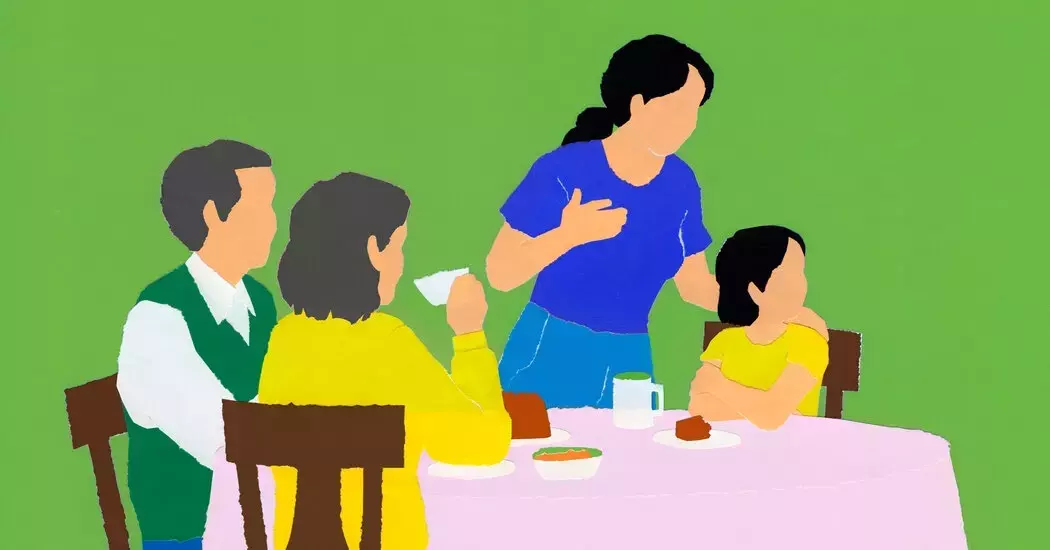
A stepfather expresses concern about his 45-year-old wife’s parenting approach and its impact on their 10-year-old child. The mother, a single parent juggling a full-time job and challenges with her ex-husband, adheres to the "gentle parenting" philosophy, which the stepfather believes is fostering bratty behavior in the child. Despite acknowledging the potential long-term risks of this method, the mother has not taken significant action to address the situation. The stepfather feels powerless as he witnesses recurring episodes of defiance from the child during family visits.
He fears that the current lack of discipline will escalate into dangerous teenage behavior. His attempts to discuss these concerns with his wife have been met with agreement but no substantial change. This dynamic creates tension during family interactions, where the child often reacts negatively to instructions, leading to the mother defending the child against perceived injustices.
The Challenges of Modern Parenting Philosophies
In today's world, parenting styles vary significantly, and one such approach gaining popularity is the concept of gentle parenting. This method focuses on understanding and reasoning with children rather than imposing strict rules or consequences. However, some critics argue that without clear boundaries, children may struggle to develop self-discipline. In this particular case, the stepfather observes that the 10-year-old seems to exploit her mother’s reluctance to enforce meaningful discipline, resulting in frequent outbursts and defiant behavior.
This situation highlights the complexities of modern parenting philosophies. While gentle parenting aims to foster emotional intelligence and mutual respect between parents and children, it can sometimes inadvertently lead to a lack of structure. The stepfather worries that this approach might hinder the child's ability to navigate real-world challenges later in life. He sees the immediate effects of this parenting style manifesting in the child’s reactions during family gatherings, where she often becomes upset when given instructions, leading to arguments and prolonged sulking sessions. These moments further strain family dynamics, as the mother consistently justifies her daughter’s behavior by attributing it to misunderstandings or missteps by others.
Navigating Family Dynamics Amidst Parenting Differences
Balancing differing views on parenting within a blended family can be incredibly challenging. The stepfather finds himself caught in a delicate position, torn between respecting his wife’s parenting choices and voicing his concerns for the child’s future well-being. Despite agreeing with him in principle, the mother remains hesitant to implement stricter guidelines for fear of harming her relationship with her daughter. This hesitation leaves the stepfather feeling frustrated and helpless as he watches the situation unfold.
Family gatherings become particularly fraught with tension due to these underlying disagreements. During visits, the child frequently demonstrates resistance to authority figures, especially when receiving instructions from her stepfather. These incidents typically culminate in dramatic displays of dissatisfaction, followed by her mother intervening to explain the child’s perspective and mediate the conflict. Over time, this pattern reinforces the child’s belief that her actions will be excused, potentially setting a precedent for similar behavior in other areas of her life. The stepfather anticipates that if left unaddressed, this cycle could evolve into more severe behavioral issues as the child grows older, posing additional challenges for both her personal development and family harmony. Thus, finding common ground on parenting strategies becomes crucial for ensuring a positive outcome for everyone involved.
